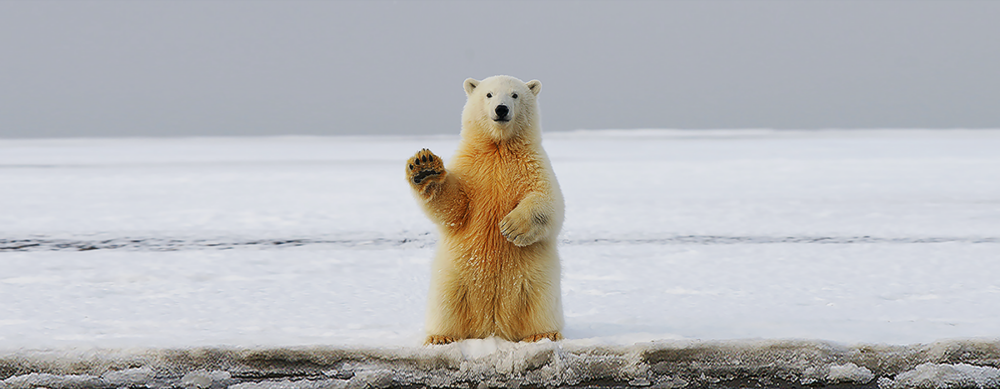Rubella Infection, also known as German measles, is a viral infection that manifests with a red rash on the skin and a mild fever. This infection is usually mild, but can prove to be extremely dangerous for pregnant women and their unborn baby. Rubella infection in the early months of pregnancy can cause Congenital Rubella Syndrome (CRS), which can cause several serious birth defects in the baby. In this article, we will discuss in detail the symptoms of rubella, vaccination, prevention measures, and some natural home remedies to protect yourself and your baby from this infection.
Causes and Spread of Rubella Infection
The rubella virus spreads through contact with an infected person. It mainly infects others through coughing, sneezing, or close contact with an infected person. People who are not vaccinated are most at risk of infection. This disease spreads rapidly especially in crowded places.
For pregnant women, infection is very risky because if a woman is infected with rubella in the early stages of pregnancy, it can damage the baby’s heart, ears, eyes and brain.
Symptoms of rubella
Symptoms of infection often appear 2-3 weeks after exposure to the virus. They include:
- Mild fever (99-100°F)
- Red rash starting on the face and spreading to other parts of the body
- Swollen lymph nodes, especially behind the ears and neck
- Sore throat and mild pain
- Fatigue and muscle aches
- Itchy or pink eyes (mild conjunctivitis)
Symptoms may be mild or not noticeable in pregnant women, but can cause serious damage to the fetus.
Rubella Risks in Pregnancy and CRS
Congenital Rubella Syndrome (CRS) is a serious condition that occurs when a pregnant woman is infected with the rubella virus. Infection, especially in the first trimester, can cause the following problems in the baby:
- Congenital Heart Defects
- Cataracts and vision defects
- Hearing loss
- Impaired brain development and mental disability
- Enlarged liver and spleen
- Low birth weight and growth problems
Some of these problems may be evident at birth, while some symptoms may develop a few years later.
Prevention of Rubella: Vaccination and Therapeutic Measures
1. MMR Vaccine (Measles, Mumps, and Rubella Vaccine)
The MMR vaccine is the most effective way to prevent rubella. This vaccine is given to children and adults at the following times:
- 1st dose: at 9-12 months of age
- 2nd dose (booster): at 16-24 months of age
Adults, especially women planning pregnancy, should ensure that they have been vaccinated. If not, it is mandatory to take the vaccine at least 1 month before conception. This vaccine cannot be given during pregnancy, so vaccination should be planned in advance.
2. Immunity Check
The first check of pregnant women is to see whether their body has developed immunity to the rubella virus or not. If there is no immunity, doctors recommend vaccination after pregnancy.
3. Keeping distance from infected persons
During pregnancy, women should stay away from infected persons and avoid going to crowded places.
Home Remedies and Lifestyle Improvements (Gradual Tips)
Although there is no specific home remedy for rubella infection, some natural remedies and lifestyle improvements can strengthen the body’s immune system, reducing the risk of infection.
Increase your intake of vitamin C
Vitamin C strengthens the immune system. Include the following things in your diet:
Amla, orange, lemon
- Kiwi and papaya
- Green leafy vegetables
Use of turmeric and basil
- Turmeric milk: Drink a glass of milk mixed with turmeric before going to bed at night.
- Basil decoction: Decoction of basil leaves is helpful in increasing immunity.
Mixture of ginger and honey
Consume ginger juice and honey every morning. This reduces the risk of throat infection and viral diseases.
Consumption of garlic
Garlic has antiviral properties. Consume 1-2 raw garlic cloves daily.
Care of hygiene
- Wash hands regularly and take care of personal hygiene.
- Wear a mask in crowded places.
- Avoid contact with an infected person.
Yoga and Pranayama
Yoga and Pranayama improve the immune system. Do exercises like Anulom-Vilom and Kapalabhati daily.
What to do if you get rubella infection during pregnancy?
If a pregnant woman is confirmed to have rubella infection, doctors monitor the baby’s condition through regular ultrasound and other tests. In some cases, immunoglobulin therapy may be given, which can partially help reduce the effects of the infection.
Vaccination is the most effective way to prevent rubella infection. This infection can be particularly dangerous for pregnant women, causing serious complications such as Congenital Rubella Syndrome (CRS) in the baby. Apart from vaccination, the body’s immune system can be strengthened by adopting a healthy diet, yoga, and home remedies.
It is very important to get vaccinated before conception and get regular health checkups during pregnancy. By adopting these precautions and home remedies, you can stay safe not only from rubella but also from other infections, so that the health of mother and child can remain better.

























